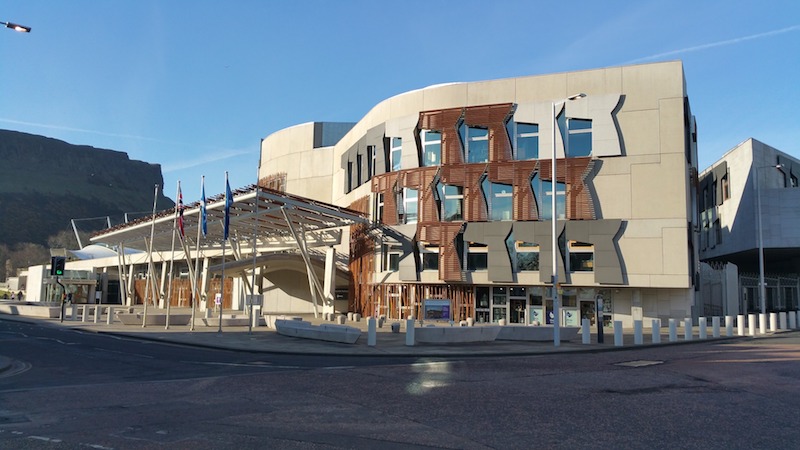Abuse survivors are turning their back on the government’s redress scheme amid a catalogue of delays, failures and broken promises.
The damning feedback comes one year after the controversial scheme was launched.
The quango is meant to provide one-off payments between £10k to £100k but victims face confusing paperwork, long delays and being made to feel “like a bulletpoint on a to-do list”.
Recent data also shows victim applications have plummeted while appeals to low offers have spiked – all while lawyers see an increase in historic abuse claims.
The response from victims is the latest in a 12-month saga of issues with previous concerns raised on a legal waiver, few payments being made and a lack of scheme contributors.
Campaigners fear the scheme is still not fit for purpose and have called on officials to make drastic improvements to avoid worsening the trauma of survivors.
One victim, who was abused by foster parents in East Lothian, gave up on Redress after initially hoping to get recognition after battling with the trauma in secret for decades.
The woman, who gave evidence at the Scottish Child Abuse Inquiry (SCAI) under the name ‘Rosie’, said:
“I was taken in by the assurances but I couldn’t believe the utter mess of the process after I applied.
“I was sent away to fill out huge forms and given no guidance and when I did speak to someone I was met with exasperation like I was a bulletpoint on their to do list.
“I was sexually abused as a teenager by a family that was meant to care for me.
“It took me years to come to terms with things and all I hoped for at this stage was some sense of recognition but Redress turned it into an ordeal of its own.
“The whole process is cold.”
Redress Scotland was launched on 8 December 2021 by the Scottish Government but it was more than six months later than pledged and without appropriate staffing in place.
It works by organisations like religious groups or local councils contributing to a giant pot.
Victims abused in a childhood care setting can apply for a payment of £10k but if they feel they deserve more a panel may consider payments of £20k, £40k, £60k, £80k or a maximum of £100k.
Before receiving any money a survivor must sign a legal waiver to never take a scheme contributor to court in the future.
Yet over the last 12 months Deputy FM Swinney has faced complaints of application backlogs, a low rate of payments and a lack of scheme contributors paying into Redress.
The most recent data shows application numbers have plummeted from 402 in January 2022 to just 83 in August – while appeals of low offers rocketed from 9 in February 2022 to 37 in August.
As of August 2022 there were also 1,167 applications that still didn’t even have a case handler allocated.
Another man engaged with Redress after being sexually abused at Balgowan D-List School in Dundee in the 1960s.
The man, who chose to remain anonymous, said:
“I applied after providing a 42-page statement to the SCAI where it will be heard in summer of 2023.
“Redress asked for the same information but demanded I write a fresh copy.
“The time and upset of writing it out twice is disgusting and shows officials either don’t know or don’t care about the way the Redress process impacts people.
“Swinney assured us everything would be swift, professional and caring but it’s been nothing of the kind.
“All we see is problems, delays or silence and I got so fed up I sought legal advice instead.”
The redress tariff scheme is seen by victims as unfair because it only considers the type of abuse that happened.
Yet civil courts consider the effects the abuse had on a person’s life which is why many survivors can recover sums up to £1million via historic abuse claims.
Kim Leslie, Partner at Digby Brown Solicitors, said:
“No tariff-based system is ever fair as capped payments stop survivors getting the recognition they deserve while the waiver strips them of their legal rights.
“Those who stand to benefit the most from this scheme are perpetrators because the scheme lets liable organisations hide from public accountability all while saving cash as it’s cheaper to pay into the scheme than settle court actions.
“Despite the pledges the scheme is clearly still not fit for purpose and it needs a drastic overhaul if it’s to play any positive part in the kind of life-affirming support survivors deserve.”



